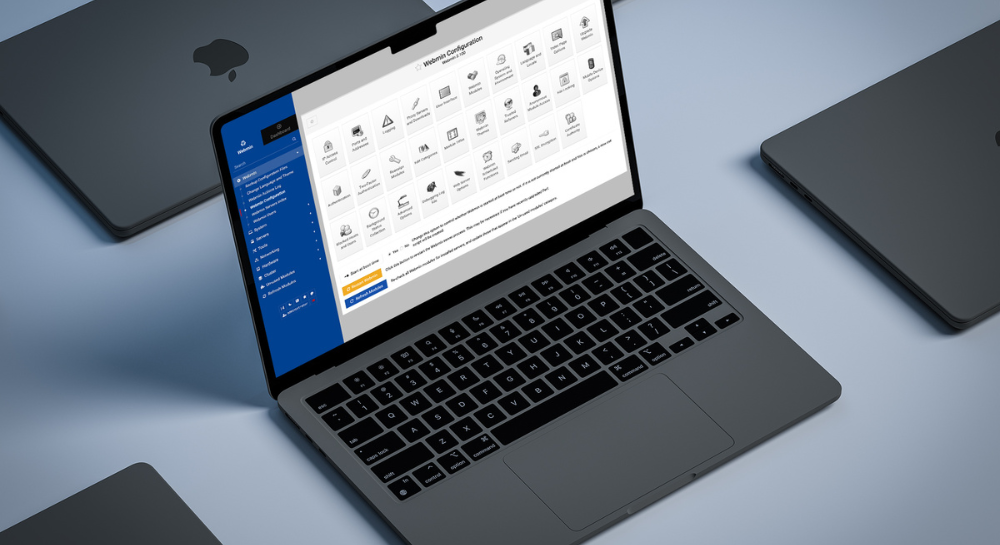Kyo Logic has partnered with Oliver Reid and his company FMPConnect to provide an incredibly potent guidebook. You can click below right now to get an in-depth guide on exactly how to install Webmin and FileMaker Server on an Amazon Web Service (AWS) Ubuntu Virtual Instance.
Installing with Webmin is perfect for IT professionals and developers who just don’t have extensive experience with Linux. As powerful as Linux is, it can be cumbersome to navigate if you’re unfamiliar, and can take valuable time to gain competency. But when you have access to Webmin, it simplifies the entire process. Everything is managed through Webmin’s GUI instead of having to manually edit configuration files or run commands.
While getting Webmin and FileMaker Server to work well with Ubuntu has historically been difficult, this guide provides a fast, consistent way to successfully set up both applications. By utilizing this guide, you can have everything up and running in just 20 minutes (not including downloads).
Everyone at Kyo Logic and FMPConnect thought this information was too impactful to keep to ourselves. We want to make sure everyone in the community has access to this process, as we believe the iterative, collaborative nature of the Claris community is what makes it so great.
Oliver Reid’s guide goes over every step of the process, from how to configure your Linux accounts to security and using Webmin to upload or download files to and from FileMaker Server. The guide includes:
- Linux User Accounts, Permissions, and Directories Overview
- Linux Repositories and Package Managers
- Setting up an AWS Ubuntu Server
- Connecting to the AWS Ubuntu Server
- Installing Webmin
- Installing FileMaker Server
- Saving the AWS instance as an “AMI”
- Securing Webmin with an SSL certificate
- Uploading and Downloading FileMaker Server files using Webmin
Grab the guide now, and you’ll have detailed, step-by-step instructions paired with informative infographics and tables to make this previously impossible task feel effortless.
Check out FMPConnect for more great FileMaker and JSON tools. And follow Kyo Logic on LinkedIn to get access to more great guides and resources like this one.
We will be elaborating on this guide with additional details in the future. Stay tuned!









